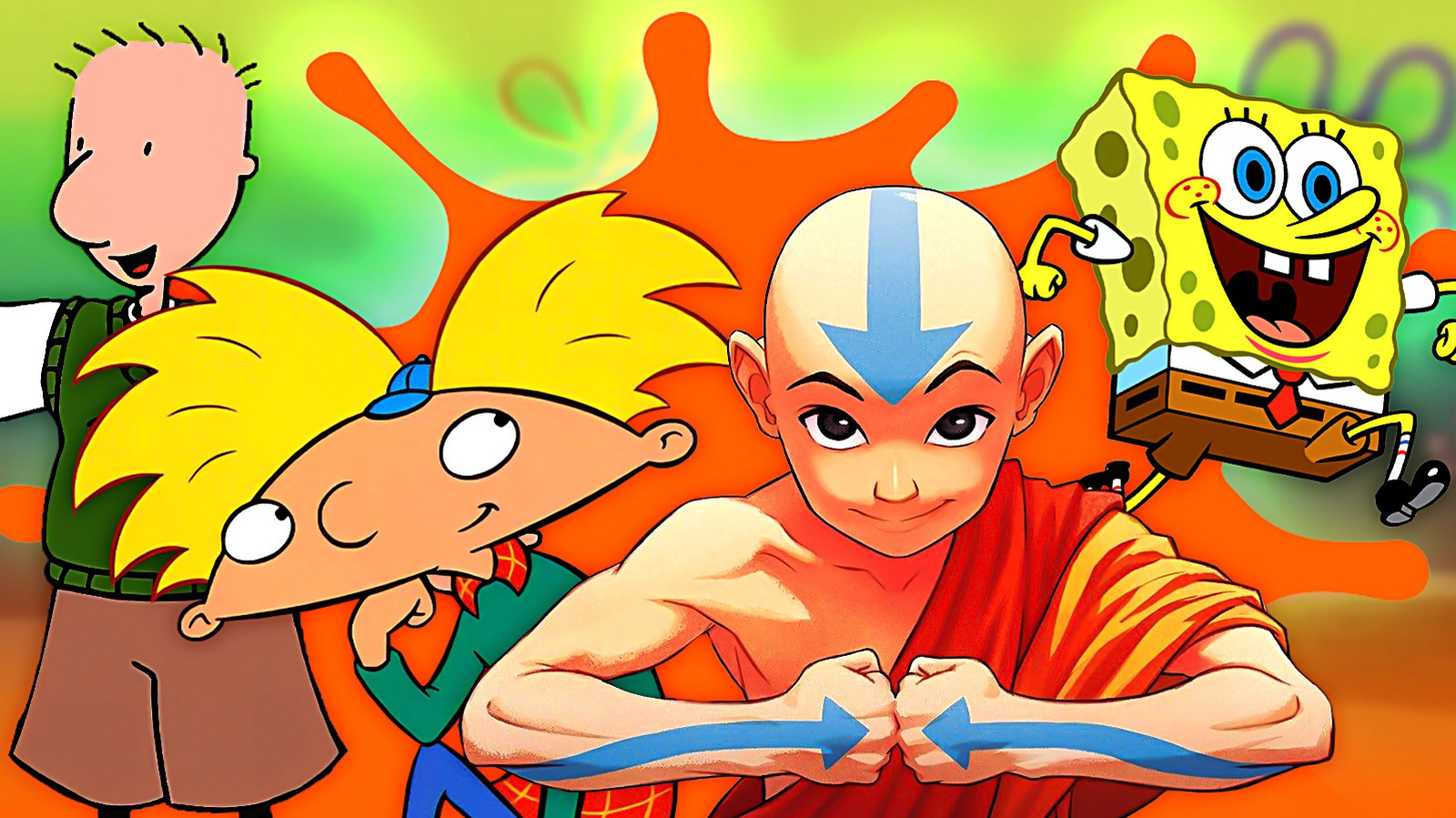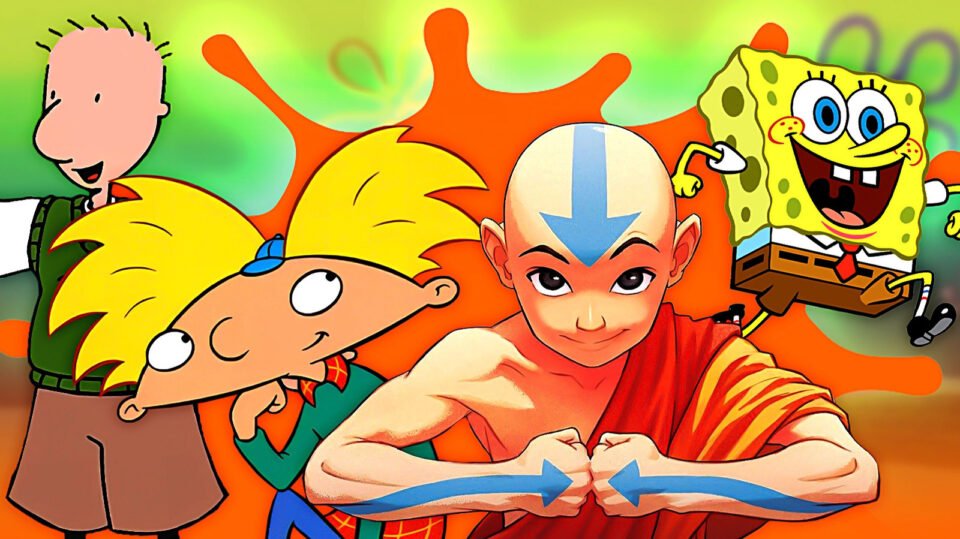
“Pinwheel” aired on the Columbus, Ohio channel QUBE before expanding nationwide as part of the new Nickelodeon channel in 1979. Reportedly, Kavanaugh (who became Nick’s first director of programming) is the one who came up with the name “Nickelodeon.” Interviewed for Mathew Klickstein’s 2013 book “Slimed!: An Oral History of Nickelodeon’s Golden Age,” Kavanaugh recalled:
“The first word my daughter ever read was ‘Nickelodeon.’ She pointed to it on a T-shirt and said, ‘Nickanee!’ It’s been there for her [during] her whole life.”
One of the major innovations of Nickelodeon was that it was a cable network targeted at kids. Revenue didn’t come from advertising, but from cable providers paying to carry the channel — 10 cents each for every household reached. Speaking to The New York Times when Nick first launched in 1979, Horner said this model would ensure Nick would prioritize being kid-friendly above being commercial:
“The pace is different, slower, gentler. There is none of the bang‐bang‐bang that the commercial people think necessary to catch and hold attention. The programming [is] made up of varied materials of varying lengths, so that none of it begins or ends on the hour. I think of it as an electronic sandbox the kids can come to whenever they wish.”
This probably doesn’t sound like the Nickelodeon you know, and for good reason. According to the 2004 book “Nickelodeon Nation: The History, Politics, and Economics of America’s Only TV Channel for Kids,” the no-ads model wasn’t financially sustainable, so Nick introduced advertising in 1983 and then commercial spots in 1984. By 1985, Nickelodeon had become profitable; Horner had also left and the channel had been sold to Viacom. Nickelodeon remains under that corporate umbrella (now called Paramount Global) to this day. Geraldine Laybourne, who was president of Nickelodeon from 1984 to 1996, is credited by many (including Horner) with creating the modern and edgier Nick.
“[Laybourne’s] Nickelodeon has an attitude, like Angelica from ‘Rugrats,” Horner told Forbes in 1999. “I appreciate it, but I like softer programming myself. I’m a bit old-fashioned. I’m not sure if I could have made Nickelodeon such a big hit.”
Laybourne’s tenure is when Nickelodeon started to diversify into different programming blocks, and when many of its famous and best-remembered shows (“Rugrats,” “Doug,” etc.) began. Today, original cartoons (“Spongebob” especially) are the backbone of Nickelodeon.
That’s not to say Nickelodeon’s history is all hunky dory. See: the 2024 documentary “Quiet on Set: The Dark Side of Kids TV.” This doc revealed disgusting details about working conditions on the productions of Nickelodeon’s live-action comedy programs (many created/overseen by producer Dan Schneider) during the 1990s and 2000s. Drake Bell, star of Schneider’s sitcom “Drake & Josh,” revealed he had been groomed and repeatedly sexually assaulted by acting and dialogue coach Brian Peck during this time.
The legacy of Nickelodeon in the memories of children (including those who’ve since grown up) is undeniable, but it’s also important to never forget the unflattering parts of any storied history.

